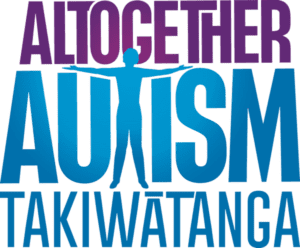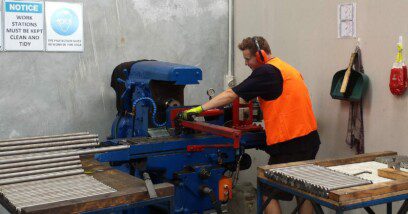
Here are some ideas for support available for people with disabilities who want to go flatting.
Grow community connections
As well as their flatmates, encourage the person you support to get to know their neighbours – most people are happy to carry out small favours from time to time, for example, if they needed help carrying in a parcel. They could introduce themselves to their neighbours face-to-face or there are also online resources available for getting to know your local community such as Neighbourly or suburban/local Facebook groups. In some areas, people can also trade useful skills on Timebank.
Many people with disabilities prefer to get their support from people and organisations which they naturally come into contact with through their own connections – rather than a service-based approach. Developing a mutual relationship with someone else – where they can both help each other – can often have the best outcome. For example, if the person you support wanted to attend a hobby group that they can’t get transport to – they could call the organiser and see if anyone else attending is willing to pick them up. They could say thanks by helping with petrol or doing some extra club admin duties. These sorts of reciprocal relationships can often lead to other great community connections.
Personal care and help around the house?
If a person with a disability lives independently and meets certain criteria they may be able to receive Home and Community Support Services. These are funded by the Ministry of Health to help with household management (cooking, laundry, house-cleaning) and personal care (eating, dressing, bathing, going to the toilet, and getting around the home). The local NASC will assess what support is needed to live an everyday life. If eligible, they will help choose a local disability services provider/s (you can find a list of all Home and Community Support Services providers on the Home and Community Healthcare Association website). Find out more about Home and Community Support Services or talk to your local NASC.
If the person you support is not eligible for Government funding, they may still wish to employ a carer or home-based help. They could advertise, or use a service like MyCare to help match them with a carer who will suit their needs.
Other support and life skills development?
Supported Living is a service, funded by Whaikaha – Ministry of Disabled People, that helps disabled people to live independently by providing support in areas of their life where help is needed. If a person meets the criteria, a tailored package of support will be created, to help meet goals in day-to-day life. This could include help with daily tasks like shopping, budgeting and support in the community, including help with meetings and dealing with Government agencies. The plan is to help people learn new skills and gain confidence so they will rely less on formal support.
Supported Living cannot be used to support personal care, household management, rehabilitation or vocational services. Find out more about Supported Living from your NASC or on the Whaikaha – Ministry of Disabled People website.





